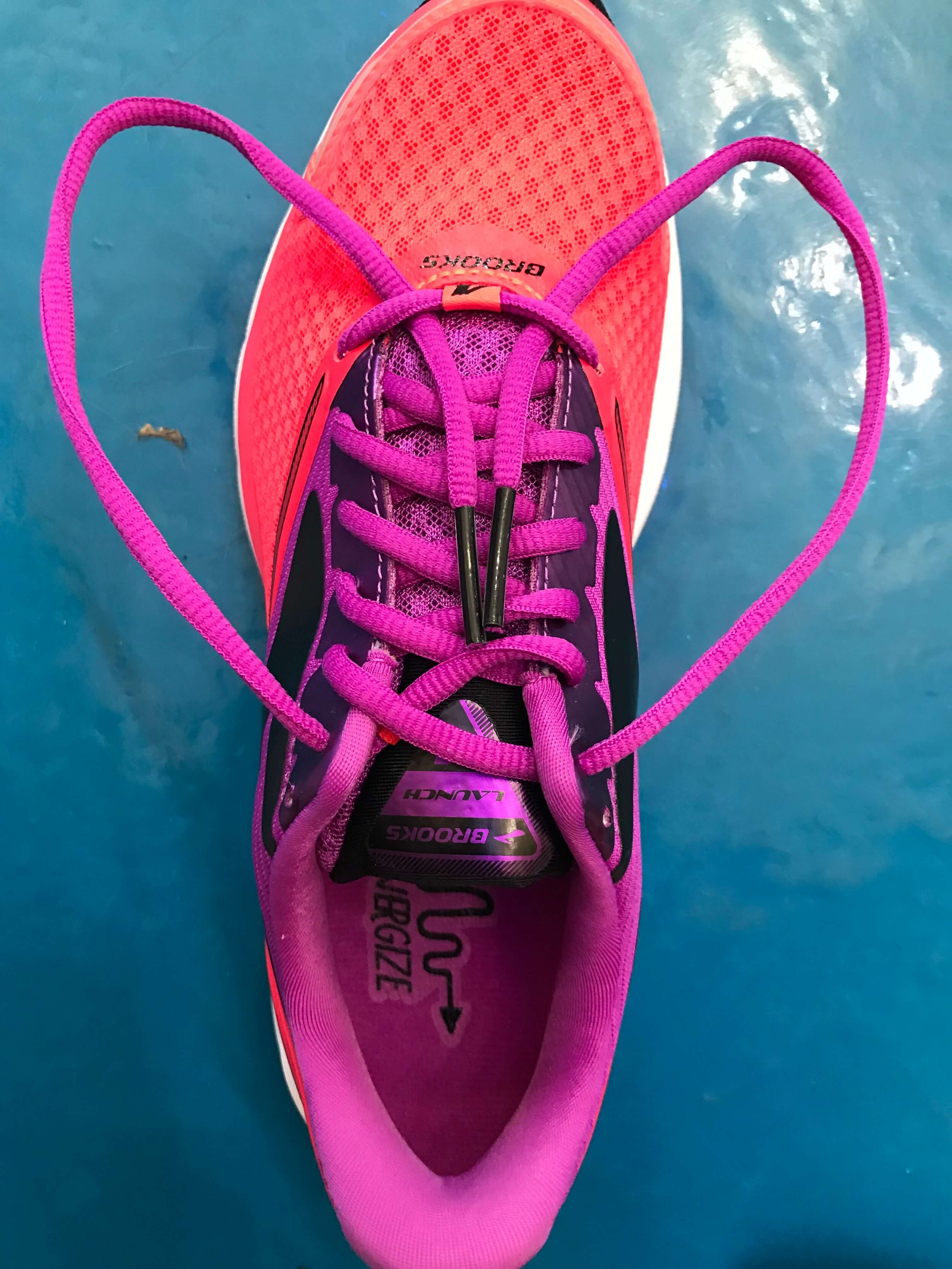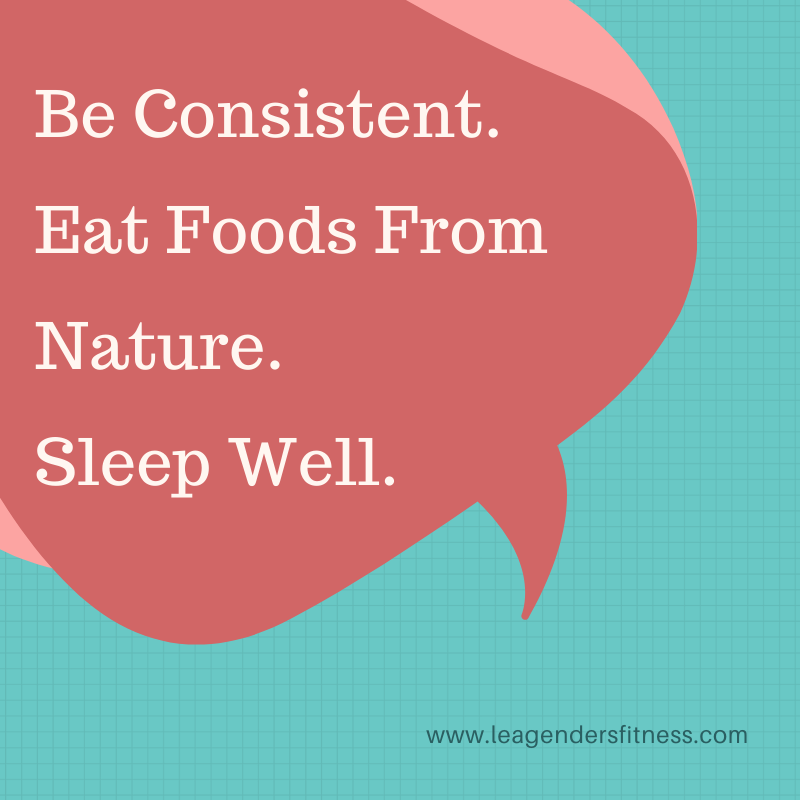I write a lot about healthy habits on this blog because habits are the building blocks of a healthy lifestyle. Once you develop healthy habits, you no longer have to rely on willpower or motivation. It's freedom from deprivation. It takes work, but it is worth it. If you need help, guidance or accountability in building healthy habits, I have a few spots open in my online nutrition program.
If you have fat loss goals, there is no better time to get started than now. You don't have to overhaul your whole life, you can start by incorporating some simple healthy habits to get a jump start on your fat loss goals. The idea behind healthy habits is that they work within your already busy lifestyle. Life is probably never going to get less busy, let's do what we can right now.
It's autumn and while most people are starting to plan their holiday parties, it's a great time to get a jump start on your fat loss goals. Why not get a head start on those new year resolutions? These are five simple things you can do today that will position you for fat loss as you go into the holidays and the new year. You don't have to wait until January 1st to get started. Once the new year rolls around you'll have already developed the habits that will position you to achieve your fat loss goals.
EAT YOUR VEGGIES
Eat a serving of veggies at every meal and snack. Vegetables are high in nutrients and low in calories. Veggies keep your digestive tract running smoothly and can reduce the risk of heart disease. Choose a wide variety of colorful vegetables to take in the micronutrients that help you feel your best. When you feel your best you're more likely make better choices in other areas of your life. Here's my link to a practical guide to eating more fruits and veggies.
PRIORITIZE PROTEIN
Prioritize a protein source at every meal and snack. Protein helps you feel full at each meal. Protein has a higher thermic effect than carbs and fat which means you burn more calories just to process and digest protein. Your body needs protein to build and maintain lean muscle, which is essential for healthy fat loss. Aim for .7 grams of protein per pound of body weight. If you haven't been keeping track, this is likely more than you've been taking in. It pays off to pay attention. Here's a resource I wrote about eating more protein in your diet.
WALK EVERY SINGLE DAY
Walking is a fantastic way to increase your daily energy expenditure. The great thing about walking is that it is low impact, so you can do it every single day. You don't necessarily have to head out for an hour long walk (although this would be a great idea too). You can add in additional walking into your day by parking farther away from the entrances of building, taking the stairs instead of the elevator, taking five minute walk breaks every hour and always returning the shopping cart to the store (you should do this anyway). It all counts. It may not seem like much, but it all adds up and makes a difference when working towards fat loss. The little things add up to big results, don't discount them. How to make exercise a daily habit.
STRENGTH TRAIN
You'll notice when I talk about losing weight, I always specify fat loss instead of weight loss. Why? Because when you are losing weight, you want to take care that you are losing fat and not muscle. If you lose muscle, you may see a lower number on the scale, but muscle loss is not good. Muscle loss slows your metabolism because muscle requires more energy than fat to maintain. The more muscle you have, the more calories you burn during the day. If you lose muscle it's harder to keep the weight off.
You can combat muscle loss during weight loss by prioritizing protein and strength training. You don't have to hit the gym for an hour a day or train to be a muscle-bound mama (or papa), you can do some simple bodyweight or dumbbell exercises right in your own home to build and maintain lean muscle. Aim for just three 20 minute full-body strength training sessions a week at first. It goes a long way for healthy fat loss. Here's an idea for a quick and effective strength training workout or explore my workout archives more more options.
EAT SLOWLY UNTIL 80% FULL
This may be the simplest but hardest to execute advice for fat loss. It takes a lot of practice to get it right. Eat slowly because it takes time for your body to send the signal to your brain that you're full. If you scarf down your dinner down in three minutes flat, it's easy to overeat. I am as guilty as any.
Eat slowly. Put your fork down between bites. Take a sip of water between bites. Count your chews, can you chew 20 times, 30? (chewing helps with digestion and bloating too). This is harder than it sounds. If you're anything like me, it's a habit to rush through your meal so you can get on with your day.
Savor your food. When you eat slowly you can start to feel fullness signals while you eat (not after once it's already too late). Stop eating before you feel overly full. Listening to your body is the one of the best ways to control calorie intake. If we learn to tune in, our bodies will tell us what it needs. It can be hard. We forget. We rush. We scarf. Eating slow is a habit worth cultivating. The good news is that we eat several times a day, so we have plenty of opportunities to practice. Here's a post I wrote in more detail about mindful eating.
Notice I didn't recommend an extreme diet or joining your local boot camp six days a week. It's the small things that are sustainable over time that make the biggest difference when it comes to lifestyle change. Get really good at being consistent. If you spend the rest of the year cultivating these healthy habits, in the new year you'll be 10 steps ahead with a solid foundation.
Have questions? Need guidance or accountability? I'd love to help. I have a few spots open in my online nutrition and habits program. Join us today!
Like this post? It helps me when you share!














Discover the 5 stages of fitness progression—from building the habit to optimizing your routine. Learn how to stay consistent, make progress at your own pace, and create a sustainable fitness lifestyle without the pressure of perfection.